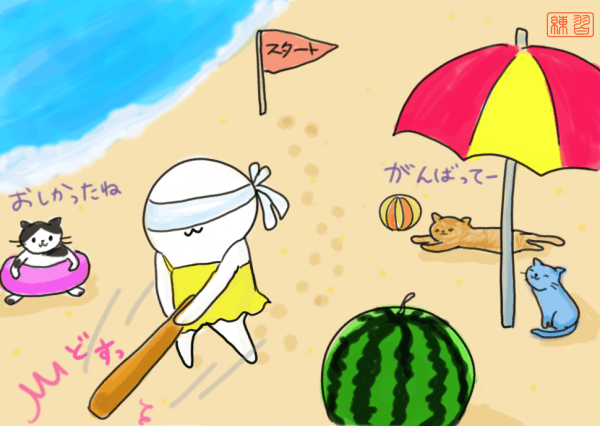After A

スイカ割りを為た後で泳ぎましょう!
Let's go swimming after we split up the watermelon!
71
お酒を飲んだ後で運転しては駄目!
Don't drive after you've drunk alcohol!
2
16
彼はお酒を飲んだ後で、寝ました。
He slept after he had some alcohol.
0
57
買い物を為た後で食べに帰りなさい。
After you go shopping, return home to eat.
0
58
弟からの手紙を読んだ後で悲しく成った。
I became sad after I read the letter from my little brother.
4
46
朝ご飯を食べ終わった後でお風呂に入りました。
I took a bath after I finished eating breakfast.
0
38
授業の後でテレビを見ましょう!
Let's watch TV after class!
0
14
運動した後で、水を飲んだ。
I drank water after I exercised.
0
7
帰った後で、手を洗う。
I wash my hands after I come home.
0
10
地面は雨の後で濡れて居る。
The ground is wet after rain.
0
26
列車に乗車為た後で、私は財布を家に置き忘れて来たことに気がついた。
After I boarded the train, I found out I had left my wallet behind at home.
0
30
音楽を聴いた後で、CDを買いたい。
After I listened to the music, I want to buy the CD.
0
7
駅に着いた後で電話して下さい。
Please give me a call after you arrive at the station.
0
3
御酒を飲んだ後で運転するのは危険極まる行為だ。
It's an extremely dangerous action to drive after drinking alcohol,
0
Getting the sentences
Construction
(Elements in parentheses are optional.)
Basic Examples:
風呂に入った後で寝る (sleep after bathing)
授業の後で休む (rest after class)
Related Expressions
てから
前に
前に
Where this grammar is found
Grammar usage notes
た-form + あと + に/で
≈ て-form + から
≈ て-form + から
Questions/Discussion
The sentence I got as a quiz for this grammar was: 彼らは結婚式のあとで、ハワイに行きました. Why is it 彼らは and not 彼らの if its "Their wedding"
It's because the topic is about "Them" in the original sentence.
"(As for them), after the wedding, (they) went to Hawaii."
It makes it clear the topic is "them" (probably the couple getting married).
In the sentence you provided, the topic of the sentence could be you, so;
"(I) Went to Hawaii after their wedding."
...Or any other person.
Hope this helps‼️
"(As for them), after the wedding, (they) went to Hawaii."
It makes it clear the topic is "them" (probably the couple getting married).
In the sentence you provided, the topic of the sentence could be you, so;
"(I) Went to Hawaii after their wedding."
...Or any other person.
Hope this helps‼️